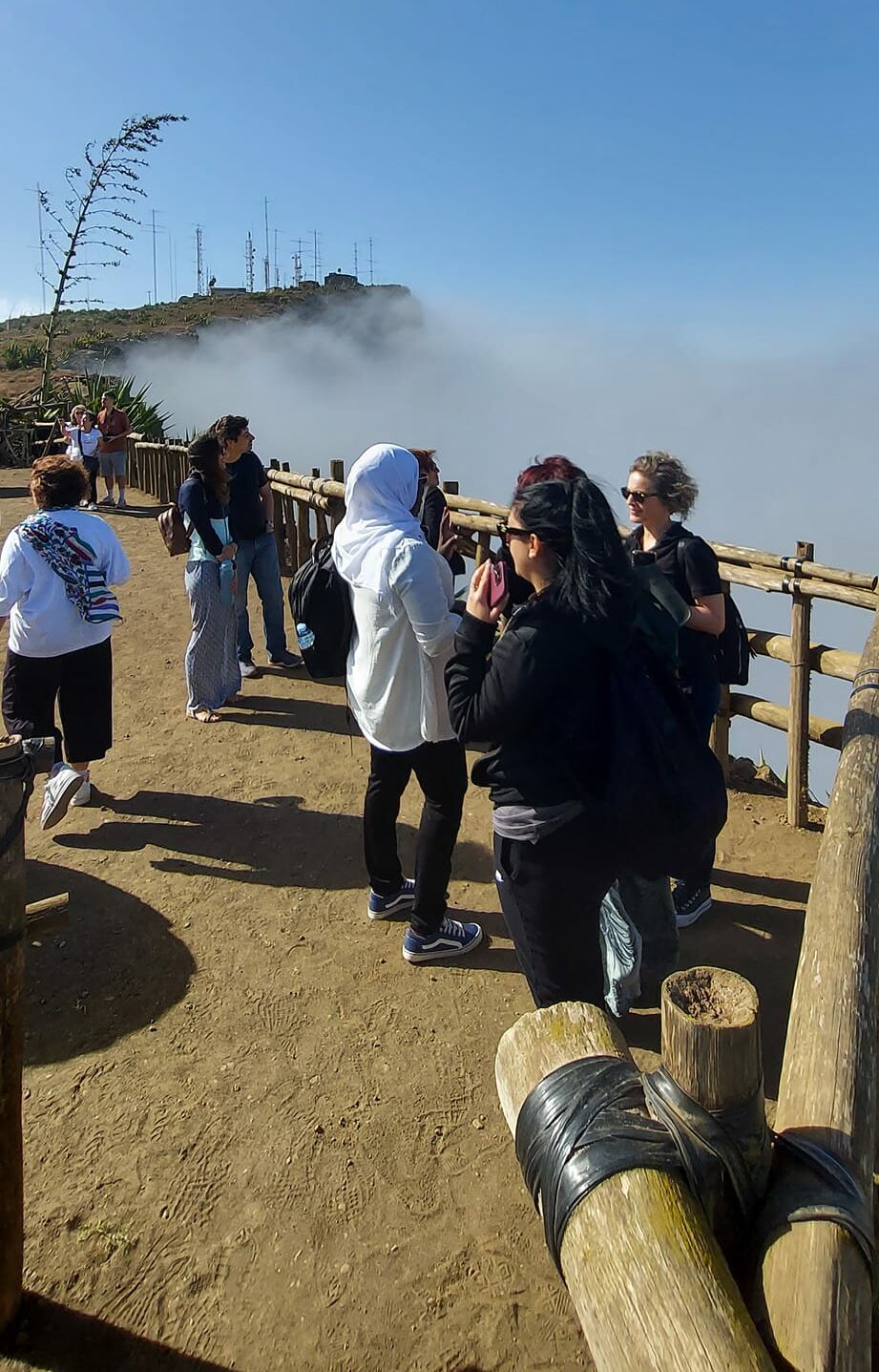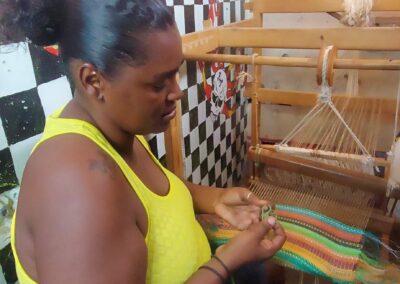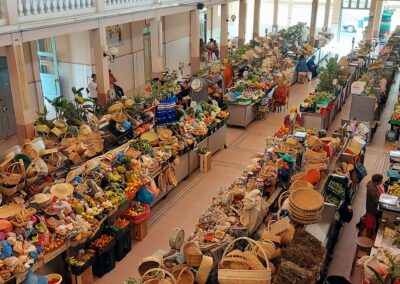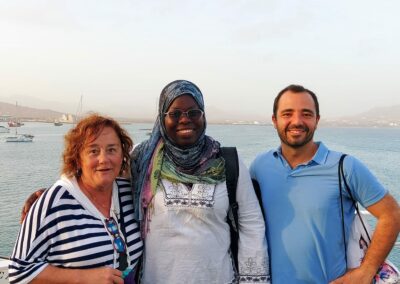About Us
Tourism is one of the main sectors of the economy especially in the partner countries that participate in the consortium, both in the Mediterranean (Italy, Greece, Spain), and in Africa (Cape Verde, Senegal, Kenya). African countries have a wealth of local assets that can serve as a motivation for cultural, green, and responsible tourists to visit the continent.
The valorisation of these assets can support the local economies and create income sources and employment opportunities for young people. In the same time, the prioritisation of cultural, green and responsible tourism will promote more sustainable models and will reduce the damages in the natural environment and resources that the current forms of tourism usually bring.

In order to diversify their tourism offer and overcome the seasonality of the “sea and sun” model, there is a trend in these countries to focus more on cultural tourism and follow a more sustainable approach. According to data from UNESCO, cultural tourism accounts for 40% of all tourism worldwide. However, as it is stated by UNESCO, VET is slow to keep up with the needs of the sector and the current specialised training offer in the field of cultural tourism is scarce both in Africa and in Europe.
VET is slow to keep up with the needs of the sector and the current specialised training offer in the field of cultural tourism is scarce both in Africa and in Europe. This is recognised also by the European Commission which has included tourism as one of the pilot sectors in the “Blueprint for Sectoral Cooperation on Skills” and has developed the “Skills Passport” for Tourism focusing especially on cultural tourism.
Therefore, there is a need to develop the VET offer in order to prepare highly qualified professionals for the cultural tourism sector.
The project aims to empower the VET sector develop the skills of young people interested to work in the field of cultural tourism in order on the one hand to increase their employability and on the other hand to provide to enterprises trained professionals which possess the necessary skills to cover the needs.
This employability issue is all the more important as the continent will see at least one hundred million young people entering the labour market by 2030 due to the demographic increase. Therefore, national VET systems need to be transformed to become more flexible to bridge this difference. The Africa VET system is currently under a process of transformation.

In the framework of the Pan- African Initiative for the Digital Transformation of TVET and Skills Development Systems in Africa launched by UNESCO and the African Union in March 2021, the use of digital tools in VET is promoted. On the other hand, several initiatives have been launched in order to support the improvement of quality in VET such as the Platform of Expertise in Vocational Training. It includes initiatives to use competence-based approach, joint curriculum development with the private sector, implementation of quality standards etc.
However, the VET system is slow to respond, therefore much more effort would be needed in this direction. Therefore, another aim of this project is to support the transformation of the VET system in African (and European) countries in order to increase employability of young people and to connect VET with the rising sectors of the labour market in the private sector.
The general objective of the project is to improve the VET offer in the field of cultural tourism in order to increase the number of specialists in the field, increase the capacity of the companies (especially SMEs) to engage in the sector, and increase the employability of VET students interested in the field in the market.
Another general objective is to upscale VET institutions mainly in Africa, but also in Europe, in order to improve their ability to use qualification profiles, digital tools and quality standards, to enhance their connection to the labour market, and more specifically the private sector. It also aims to empower them to create a joint educational curriculum and a joint course on green, cultural tourism among the partner countries, to introduce VET with the concept of microcredentials and how they can be included in a graduate student portfolio, and to provide opportunities to disadvantaged young people to participate in international e-apprenticeships with the completion of the international course which they are going to complete.
One of the aims of the project is to greenify the VET processes as much as possible, by introducing e-apprenticeships and other tools of greenification of technical and vocational education.
The project is also in line with the priorities of the European Commission for the period 2019-2024: The “European Digital Agenda” and especially the part of the strategy which is related with the creation of “open, democratic and sustainable digital society”. It supports the implementation of the Digital Education Action Plan as well as the objectives of the Council Recommendation on vocational education and training for sustainable competitiveness, social fairness and resilience.
The project aims to contribute to the development of a highly skilled, qualified and mobile workforce because it aims to develop a high-profile course with cooperation of recognized experts from the partner countries and abroad and is going to put emphasis on the work-based learning component and work mobility, as well as the creation of bridges between VET and the private sector.
Finally, the project is aiming to strengthen the quality, relevance and attractiveness of VET and improve its image. The organisation of a cultural tourism professional profile which is at the same time highly demanded in the market but non-existent in the VET offers will significantly increase the attractiveness of VET.
The project is expected to involve 80 VET students and 80 SMEs working in the field of cultural tourism (which are the main target groups of the project). At the end of the project it is expected that the VET students will significantly increase their knowledge, skills and competencies in the cultural tourism sector and that the SMEs will be more engaged in apprenticeships and will be able to more easily find employees with the required skills.



